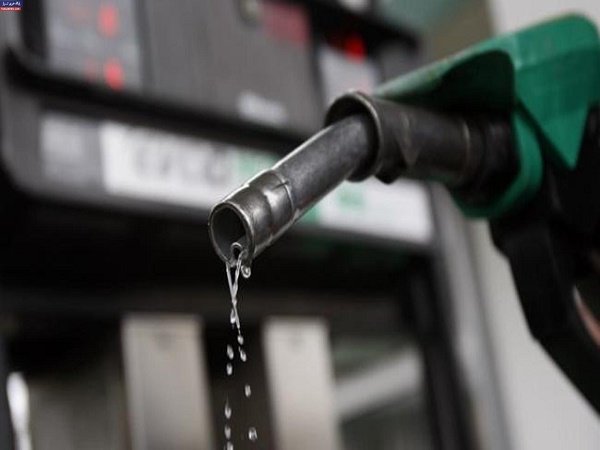Subsidized petrol detrimental to economy, citizens’ health

Certain officials, both in successive parliaments and administrations, have been injecting such a belief among the public that as if cheap petrol is like water for fish.
Certain political factions and officials including parliamentarians have been opposing increase in petrol prices to buy support among the public. A clear example of which is the seventh parliament (2004-2008) which voted against increasing petrol prices.
Rival political factions, which through their influence, or legislators, who through their approvals, have been halting and continue to be halting hike in petrol prices have been taking tolls and continue to take tolls on the national economy and the health of citizens as more cities across the country are engulfed in choking air pollution.
It is due to such populist economic policies and stances that whenever proposals put forward to increase petrol prices the society becomes too sensitive and cry foul without knowing that people themselves are the main victims of such a policy.
So far no senior official in successive administrations has been honestly talking to people about the real price of petrol and its domino effects on the economy, industry, people’s health, etc. A great majority of the people don’t know that billions of dollars have been spent on import of petrol over the years as the country has not been able to keep pace with the rising consumption of petrol.
Certain officials and experts say that first transportation infrastructure in cities should be improved and then decide to increase petrol prices, but when the rail for that purpose will be laid is not in sight. However one thing is clear: petrol consumption is increasing unabated to the extent that just in Tehran 12 million liters of petrol is consumed per day, which is equal to petrol consumption in Poland with more than 38 million population.
The opponents, who are mostly parliamentarians or former officials or even experts, do not propose increasing petrol price and invest that money for developing transport infrastructure.
They also intentionally or unintentionally refuse to say that so long as petrol remains heavily subsidized the local auto companies continue to produce fuel inefficient cars, excessive use of petrol will continue to rise further, and more days schools should be closed because of air pollution.
Decision makers and political factions must openly acknowledge that subsidized petrol has proven detrimental to the national economy and the health of citizens.
PA/PA
Leave a Comment